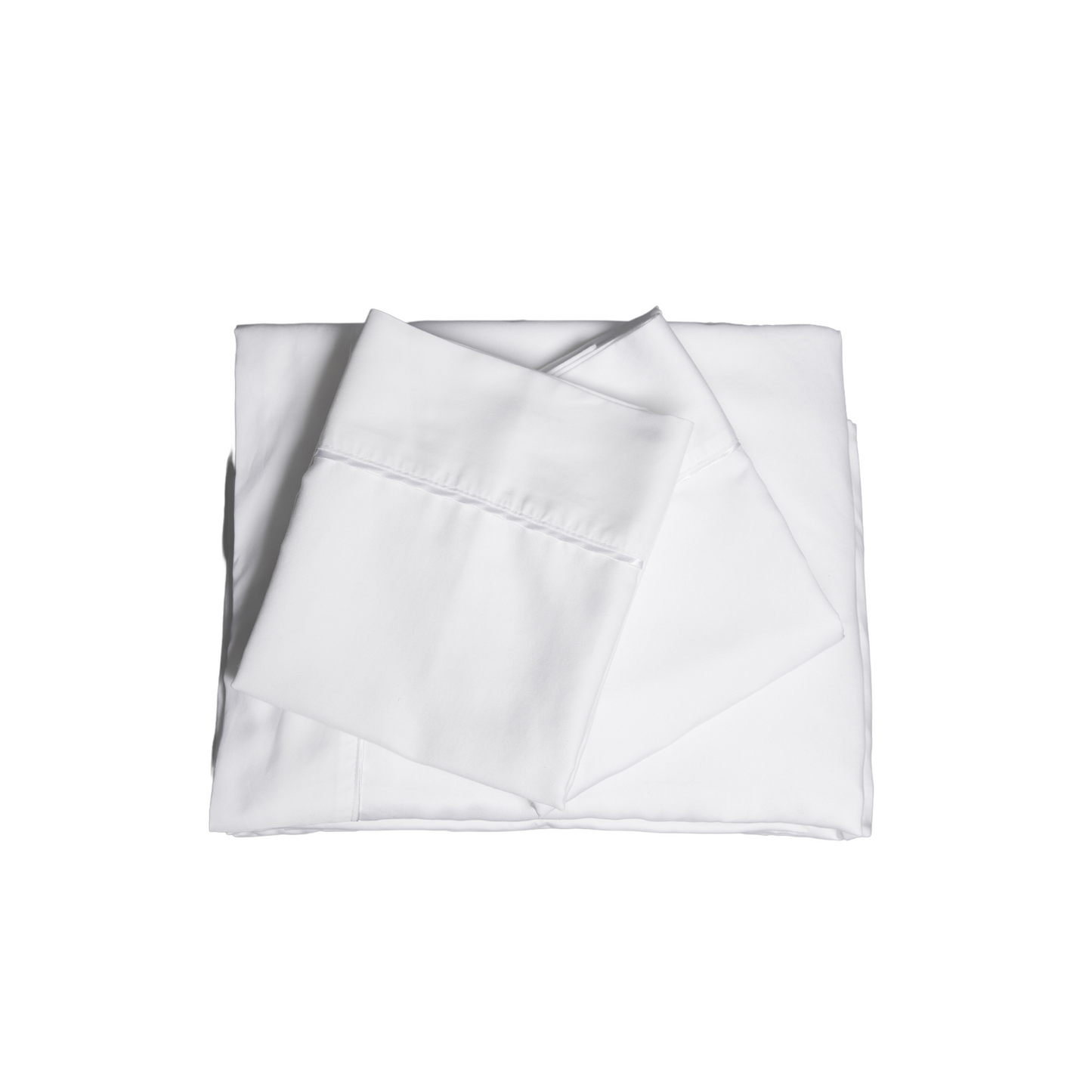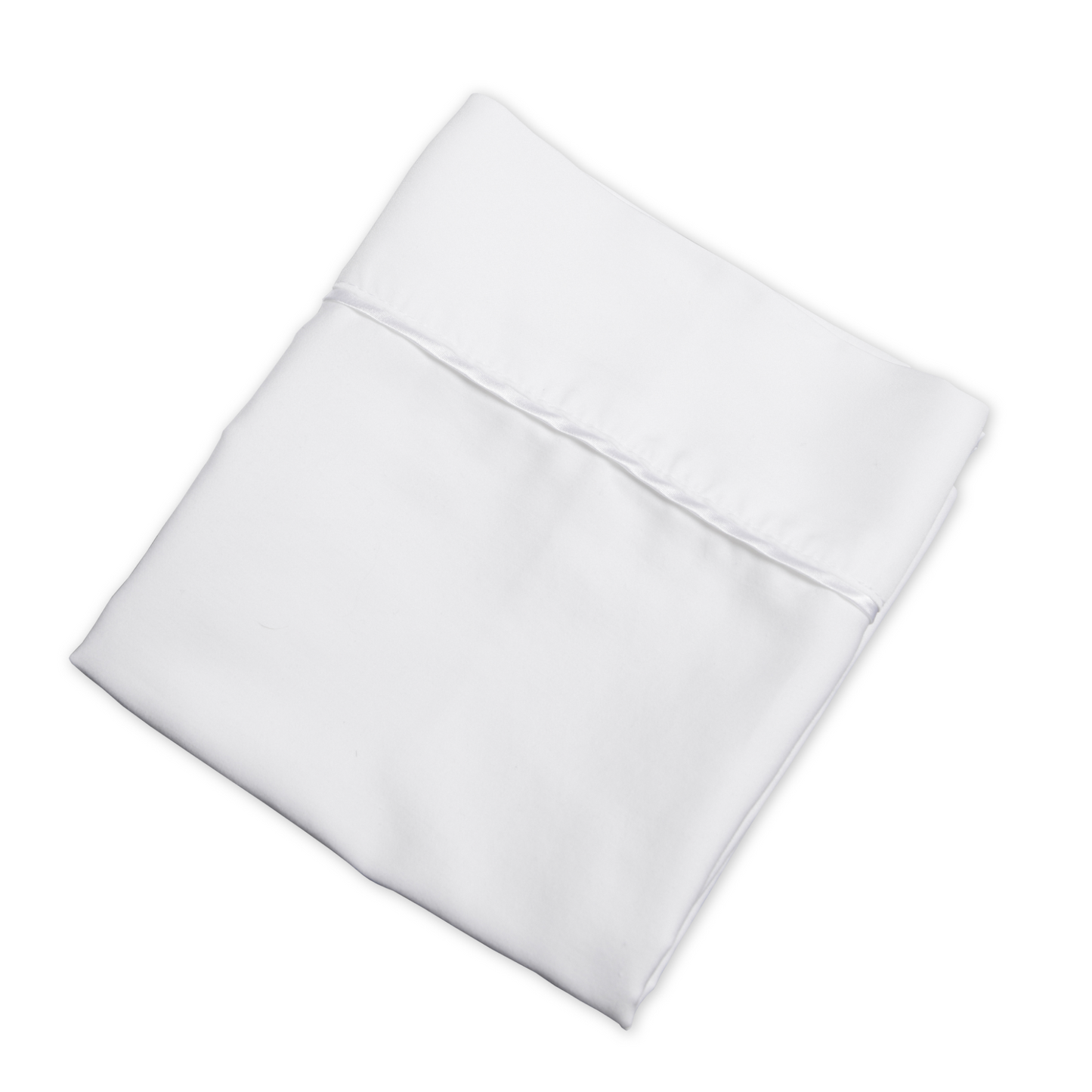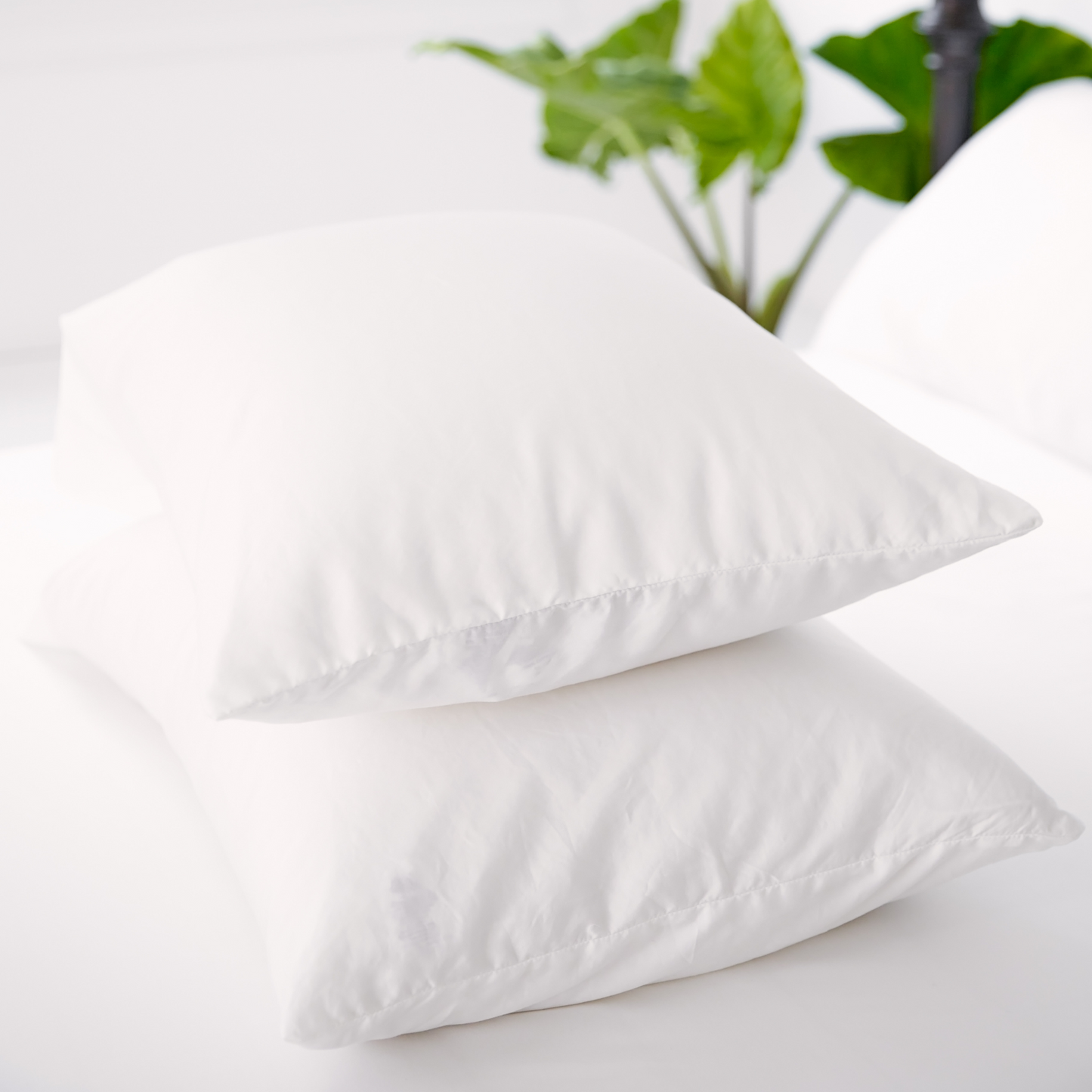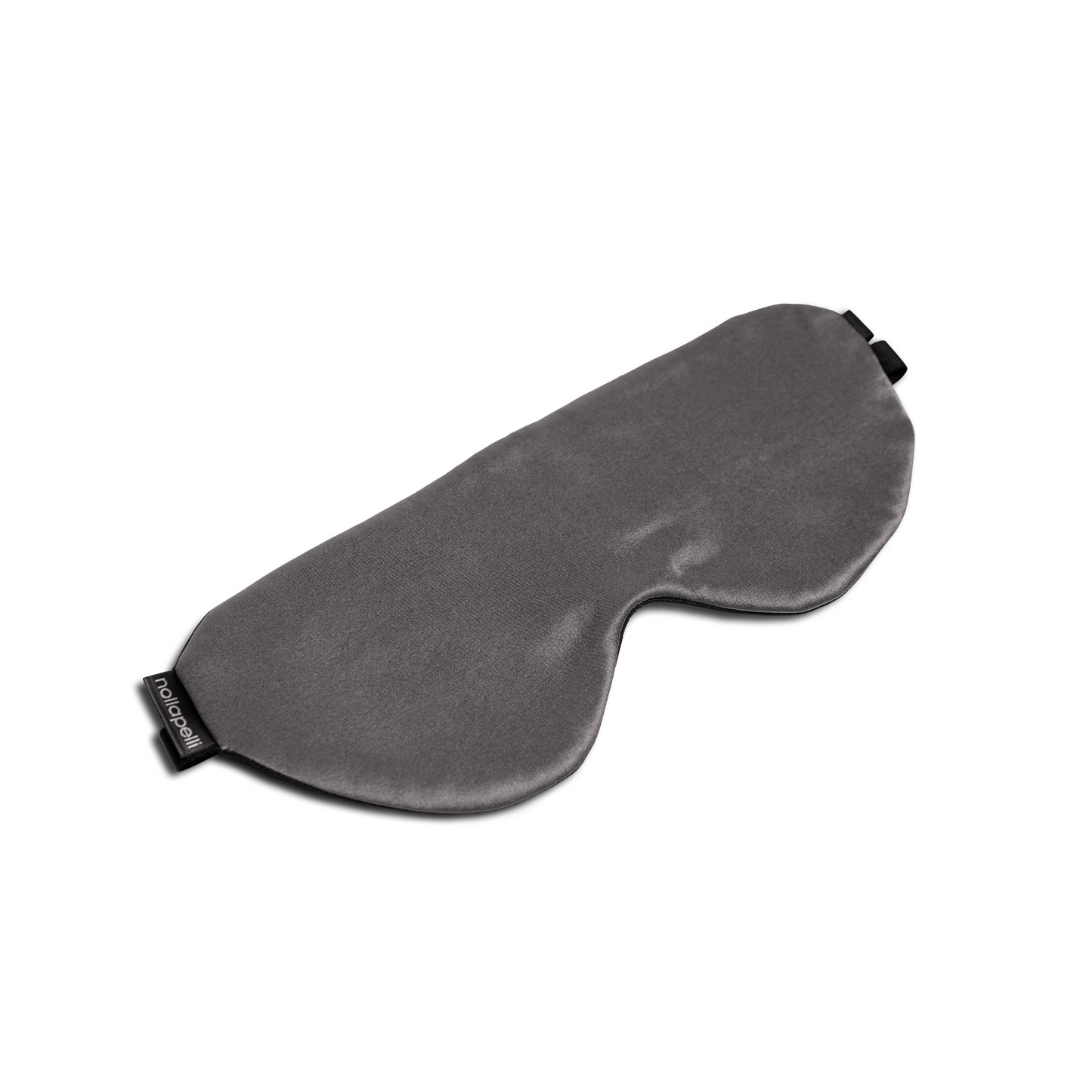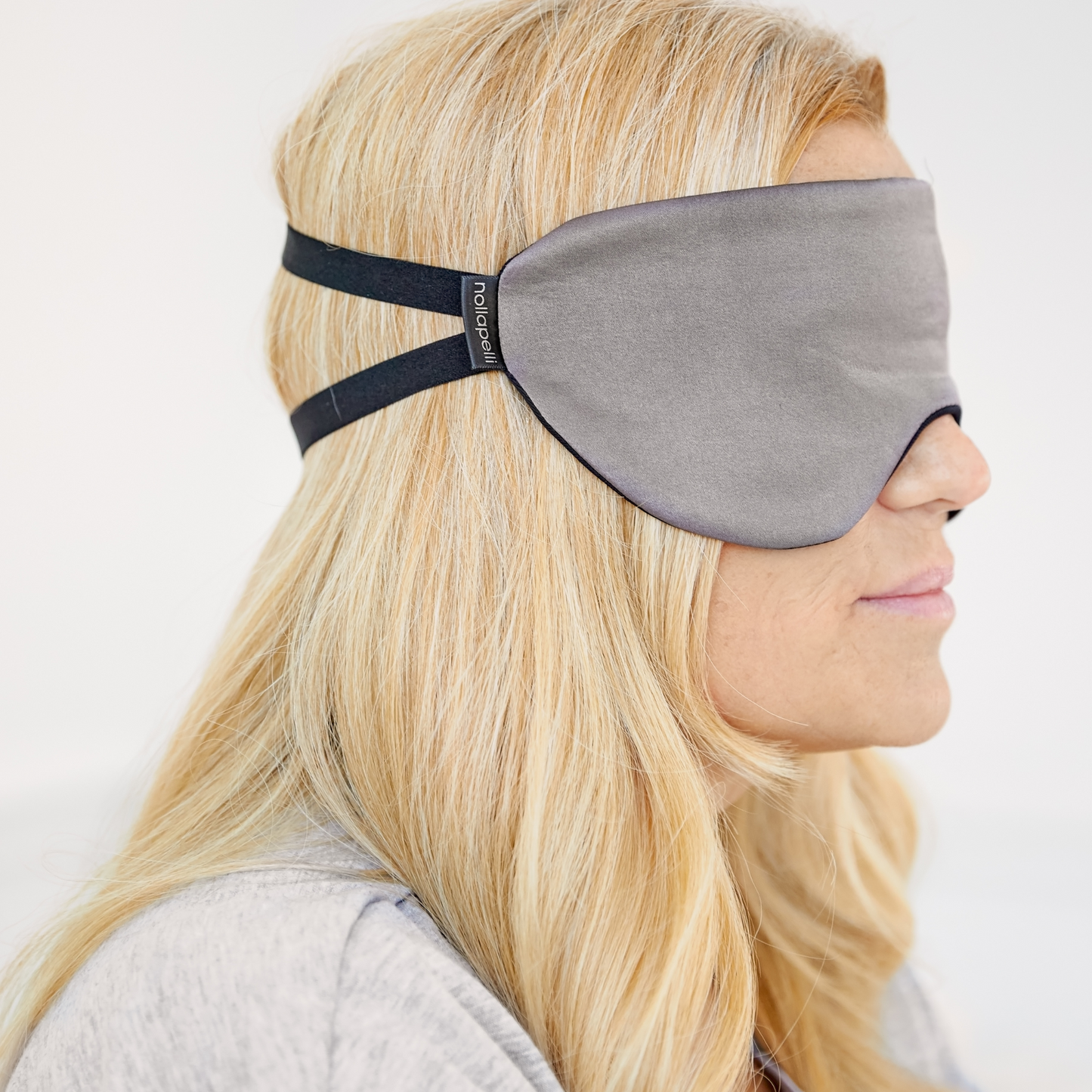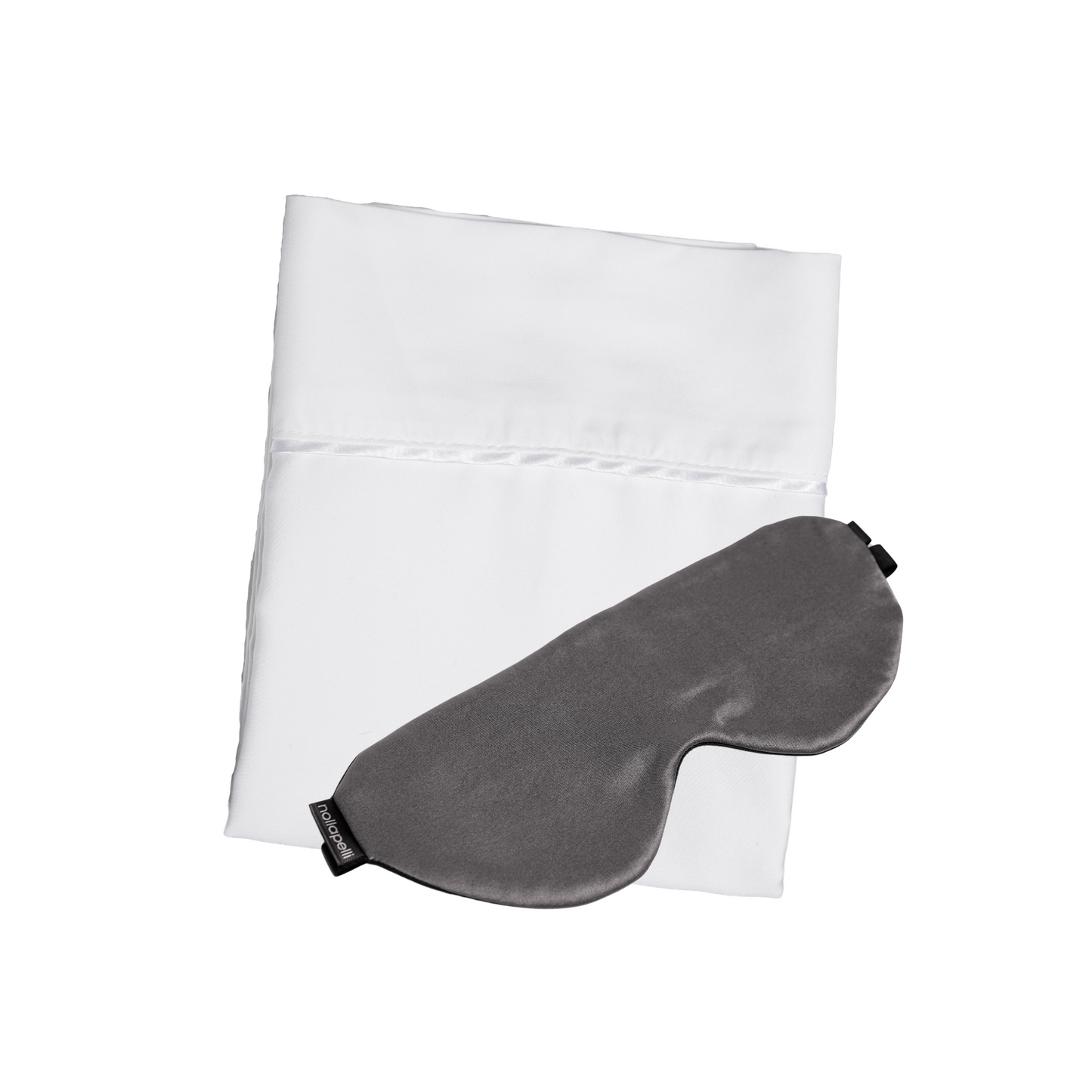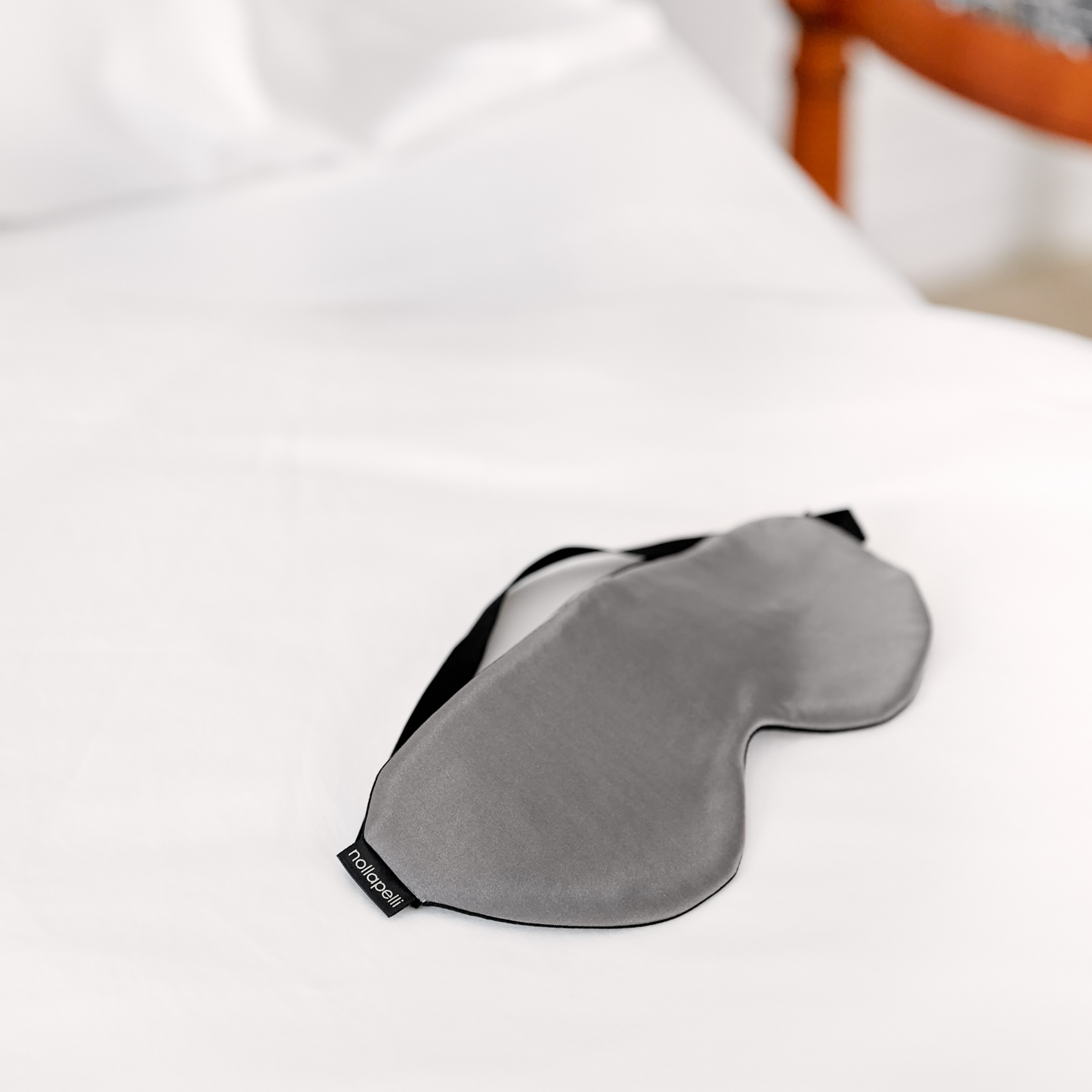
Caring for your skin is one of the best things you can do to improve your wellness. First, let’s start with a definition of wellness. Not to be confused with just health, wellness also means that you are sound in mind, body, and spirit. Wellness incorporates strategies and mindset to prevent illness and prolong life, rather than simply treating the body only when it is in a diseased state.
Healthy skin is extremely important for the wellness of the body because it protects the rest of the body from bacteria and other infectious agents. Clean, clear, beautiful skin also helps you to feel young and vital.
Here are some tips for keeping your skin beautiful and promoting feelings of wellness:
1.) Protect your skin from UV rays.
UV damage may account for as much as 80 percent of the signs of aging. Wrinkles, sagging skin, age spots, and uneven skin tone are all signs of aging compounded by UV exposure — not to mention an increased risk of skin cancer.
To avoid UV rays:
- Use sunscreen. Use a broad-spectrum sunscreen with an SPF of at least 30.
- Seek shade. Avoid the sun between 10 a.m. and 2 p.m., when the sun’s rays are strongest.
- Look for zinc oxide. Of all the sunscreens out there, zinc oxide has been shown to be the most effective at protecting the skin from UVA rays. The reason? Physical sunscreens provide a barrier between UV light and the skin. On the other hand, chemical sunscreens allow UV light to hit the skin, but transform it into a non-damaging form of energy, like non-UV light or heat.
- Wear protective clothing. Cover your skin with tightly woven long-sleeved shirts, long pants and wide-brimmed hats.
Read more about the relationship between wellness and the sun here.
2.) Eliminate hot showers and overheating your skin.
What is good for your health also tends to be good for your skin. And the converse is also true — things that burn your skin, like being exposed to high temperatures for too long, tend to also be damaging to your health. Hot water and long showers or baths remove oils from your skin. Limit your bath or shower time, and use warm — rather than hot — water.
3.) Consider possible skin ailments.
If you’re plagued by redness, spider-like blood vessels, and small bumps on your face, your dermatologist may diagnose rosacea, a common skin condition often triggered by sun exposure, stress, alcohol, spicy foods, and hot weather. It’s more likely to develop with age, says Laura E. Skellchock, MD, a dermatologist in Boca Raton, Florida (Health).
4.) Quit smoking.
Smoking is clearly linked to your skin and wellness. If the health risks aren’t enough to make you quit smoking, consider this: smoking has been found to be just as responsible for aging the skin as sun damage (Daniel et. al., 1971). A recent German study also demonstrated that smoking is linked to acne, as about 40.8% of smokers exhibited acne, compared to 25.2% of non-smokers, amongst a population of 896 citizens.
Why is smoking so bad for your skin and for your wellness? Simple. Smoking narrows the tiny blood vessels in the outermost layers of skin, which decreases blood flow. This depletes the skin of oxygen and nutrients that are important to skin health. Smoking also damages collagen and elastin — the fibers that give your skin strength and elasticity. In addition, the repetitive facial expressions you make when smoking — such as pursing your lips when inhaling and squinting your eyes to keep out smoke — can contribute to wrinkles.
5.) Eat a healthy diet.
What you eat, in general, may be more telling for your skin’s condition than even good skin care. This is because the blood delivers nutrients to your skin.
Vitamins A, B3, B5, C, D, E, and K are all necessary nutrients to ingest, and are beneficial to the skin.
- Vitamin A compounds are retinoids and are wrinkle-fighting, skin-firming, and exfoliating.
- Vitamin B3 is niacinamide, which is hydrating and helps fight skin sallowness, whereas vitamin B5 is the hydrating and wound-healing pantothenic acid (European Surgical Research, 1995).
- Vitamin C is available in multiple forms, including L-ascorbic acid, tetrahexyldecyl ascorbate, ascorbyl palmitate, and sodium ascorbyl phosphate. More acidic forms are more exfoliating. Newer forms are more stable. The same truth remains for all: they have been shown to increase skin firmness, fight sunspots, and grant skin a “glow.”
- Vitamin D has more limited skin benefits, but has been associated with antimicrobial activity in the skin (Science, 2006).
- Vitamin E strengthens the action of vitamin C and is quite hydrating.
- And lastly, vitamin K has been shown to fight dark circles around the eyes when used in conjunction with a retinoid and vitamin C (Journal of Cosmetic Dermatology, 2004).
6.) Sleep enough.
If you’re under the age of 65, it’s ultra-important that you are getting at least 8 hours of sleep per night. Make sure that you are sleeping in a dark, cool room, with little background noise. And your sheets matter too — make sure that the materials you are sleeping on are like Nollapelli’s signature sheet sets and aren’t contributing to skin wrinkling or absorbing your skincare!

